Top 10 Selenium Alternatives in 2023
Overview
In the field of test automation, Selenium has long been a popular choice. However, as technology evolves, so do the alternatives available to testers. This article presents an overview of the top 10 alternatives to Selenium for test automation in 2023. Each alternative offers unique features and advantages, catering to different testing needs and preferences. From Cypress to WebdriverIO, TestComplete to Playwright, we will explore these alternatives, their key features, and their potential impact on the test automation landscape.
Introduction to Selenium Automation Testing
In the world of software testing and test automation, Selenium has been a widely popular and powerful tool for many years. Selenium is an open-source framework that enables developers and testers to automate web browsers across different platforms. It provides a suite of tools and libraries for web application testing and supports multiple programming languages, including Java, C#, Python, and more. Selenium WebDriver, the most popular component of Selenium, allows interaction with web elements, making it an invaluable tool for web testing.
Top 10 Selenium Alternatives for Test Automation
However, as the testing landscape evolves, several alternative tools have emerged, each offering unique features and advantages over Selenium. Let's explore the top 10 Selenium alternatives for test automation in 2023:
1. Cypress
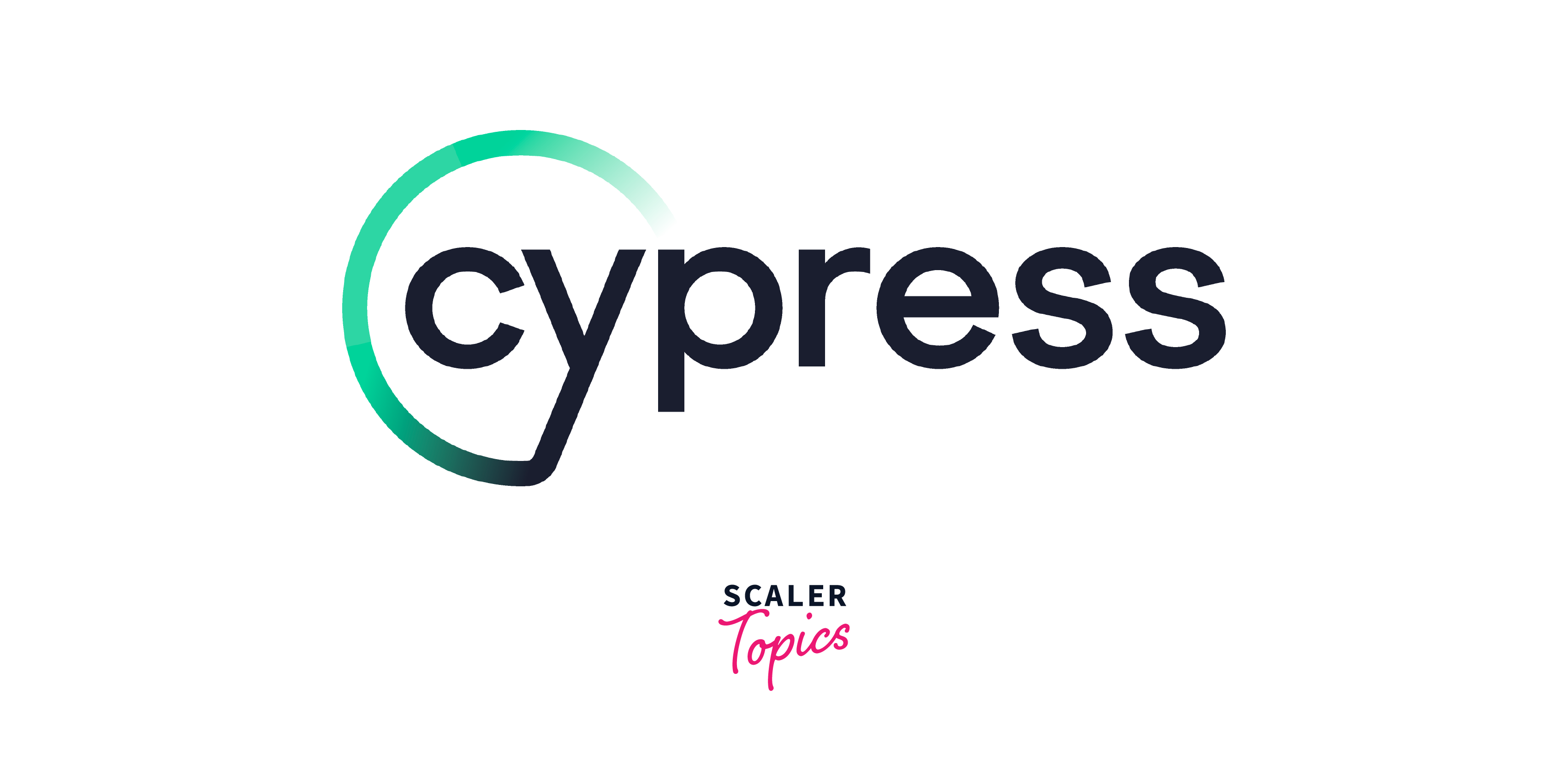 Cypress is a modern JavaScript-based end-to-end testing framework that has gained popularity in recent years. It stands out for its fast and reliable test execution, making it a good alternative for developers and testers. Cypress provides an intuitive API that allows you to easily write tests and perform actions on web elements. One of its notable features is real-time reloading, which provides instant feedback on test changes. Cypress also offers automatic waiting for elements, eliminating the need for manual timeouts and ensuring stable test execution. It supports stubbing and spying on network requests, allowing you to simulate different scenarios during testing. It is one of the best Selenium Alternatives to look for in 2023.
Cypress is a modern JavaScript-based end-to-end testing framework that has gained popularity in recent years. It stands out for its fast and reliable test execution, making it a good alternative for developers and testers. Cypress provides an intuitive API that allows you to easily write tests and perform actions on web elements. One of its notable features is real-time reloading, which provides instant feedback on test changes. Cypress also offers automatic waiting for elements, eliminating the need for manual timeouts and ensuring stable test execution. It supports stubbing and spying on network requests, allowing you to simulate different scenarios during testing. It is one of the best Selenium Alternatives to look for in 2023.
Cost:
Cypress is an open-source framework and is free to use.
Learning Curve:
Cypress has a relatively low learning curve, especially for developers familiar with JavaScript. Its documentation and user-friendly API make it easy to get started and write tests quickly.
2. WebdriverIO
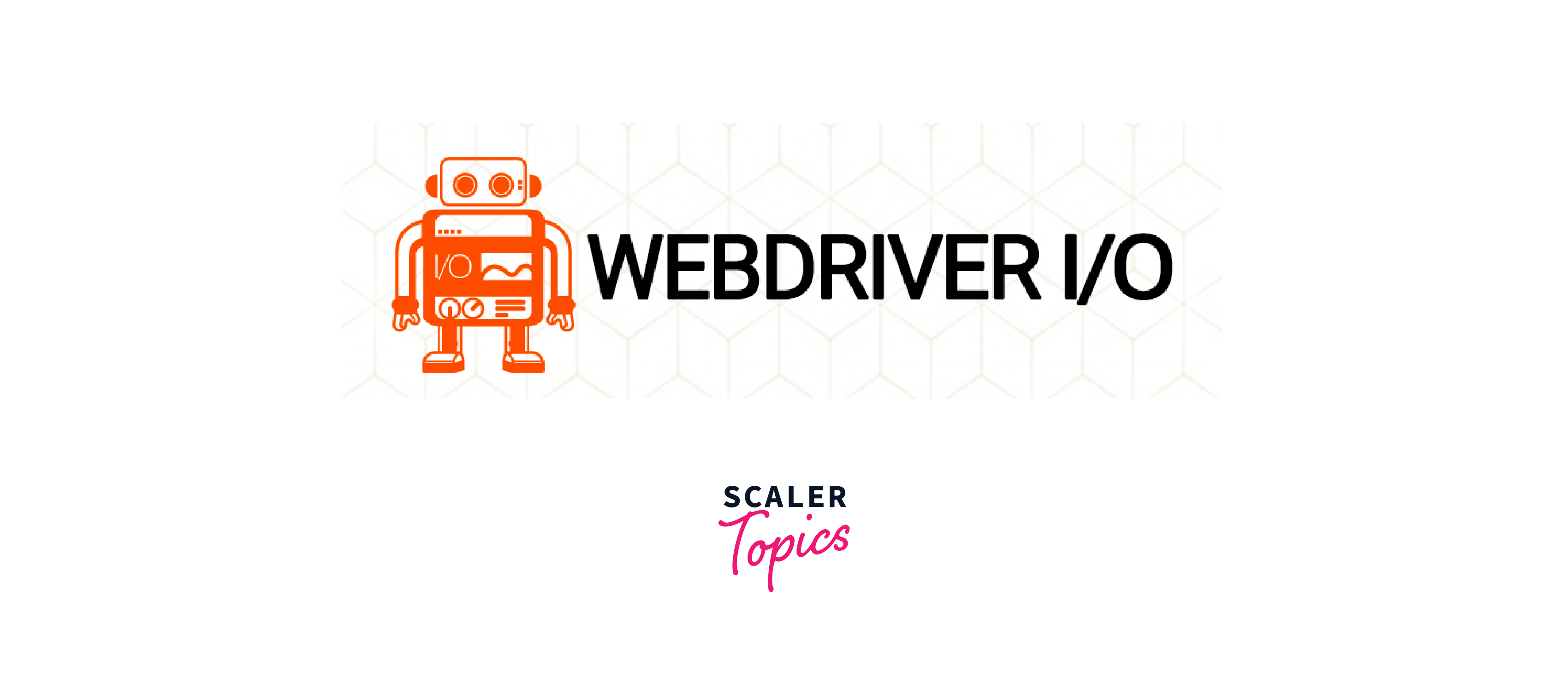
WebdriverIO is a popular automation framework that simplifies the process of writing and executing Selenium-based tests. It provides a concise and user-friendly API, making it easier for testers to interact with web elements and perform actions. WebdriverIO supports multiple browsers and platforms, enabling cross-browser and cross-platform testing. It offers a rich set of built-in commands and assertions, allowing testers to perform various actions and validate expected results. WebdriverIO also integrates well with popular testing frameworks like Mocha and Jasmine, making it flexible and versatile for different testing environments.
Cost:
WebdriverIO is an open-source framework and is free to use
Learning Curve:
WebdriverIO has a moderate learning curve. It provides extensive documentation and a rich set of features, but beginners may require some time to become familiar with its configuration and advanced capabilities.
3. TestComplete
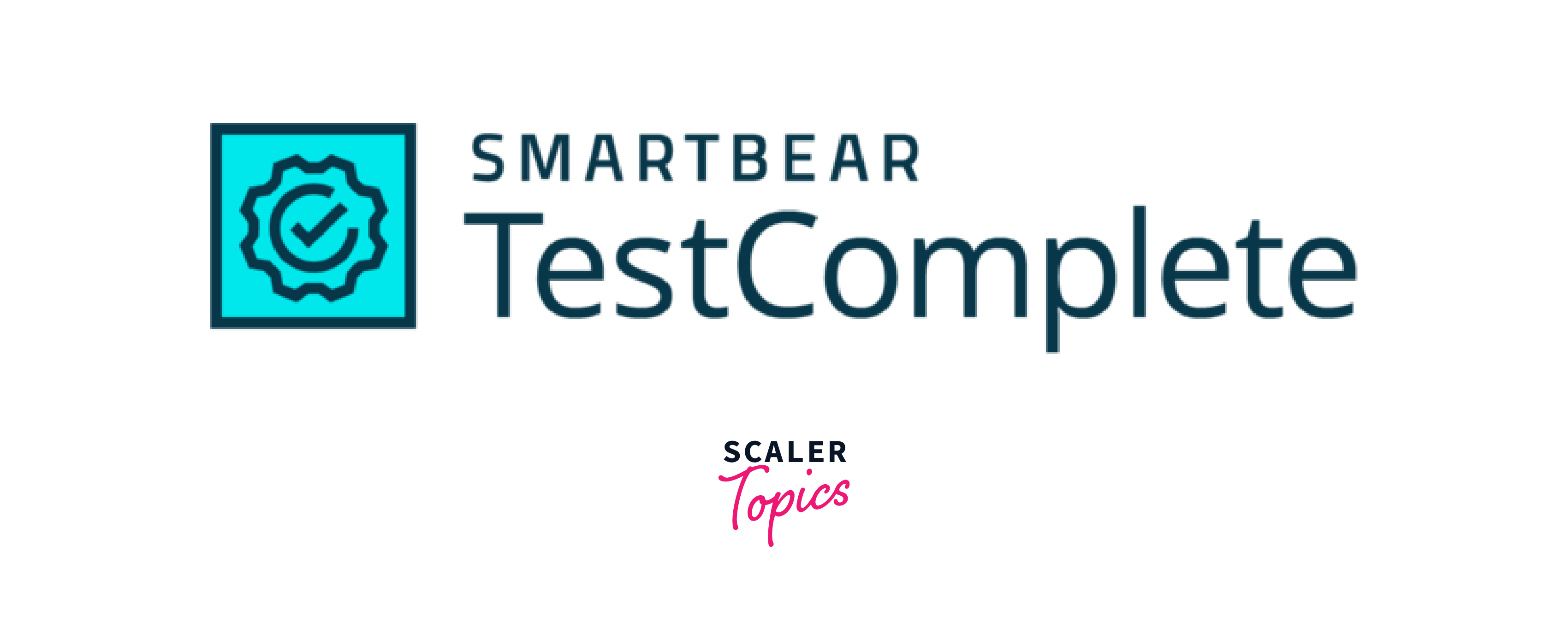
TestComplete is a comprehensive test automation platform that supports a wide range of application types, including web, desktop, and mobile. It offers a scriptless approach to test creation, allowing testers with minimal programming knowledge to build robust tests using a record and playback feature. TestComplete provides advanced object recognition capabilities, making it easier to identify and interact with elements in different applications. It also offers seamless integration with popular CI/CD tools, enabling test automation in continuous integration pipelines.
Cost:
TestComplete is a commercial tool with both paid and trial versions available.
Paid versions start at around $1828
Learning Curve:
TestComplete has a moderate to steep learning curve, especially for testers who are new to automation. It provides a visual and scriptless approach, which can make it easier for beginners. However, mastering advanced features and customization may require more time and experience.
4. Katalon Studio
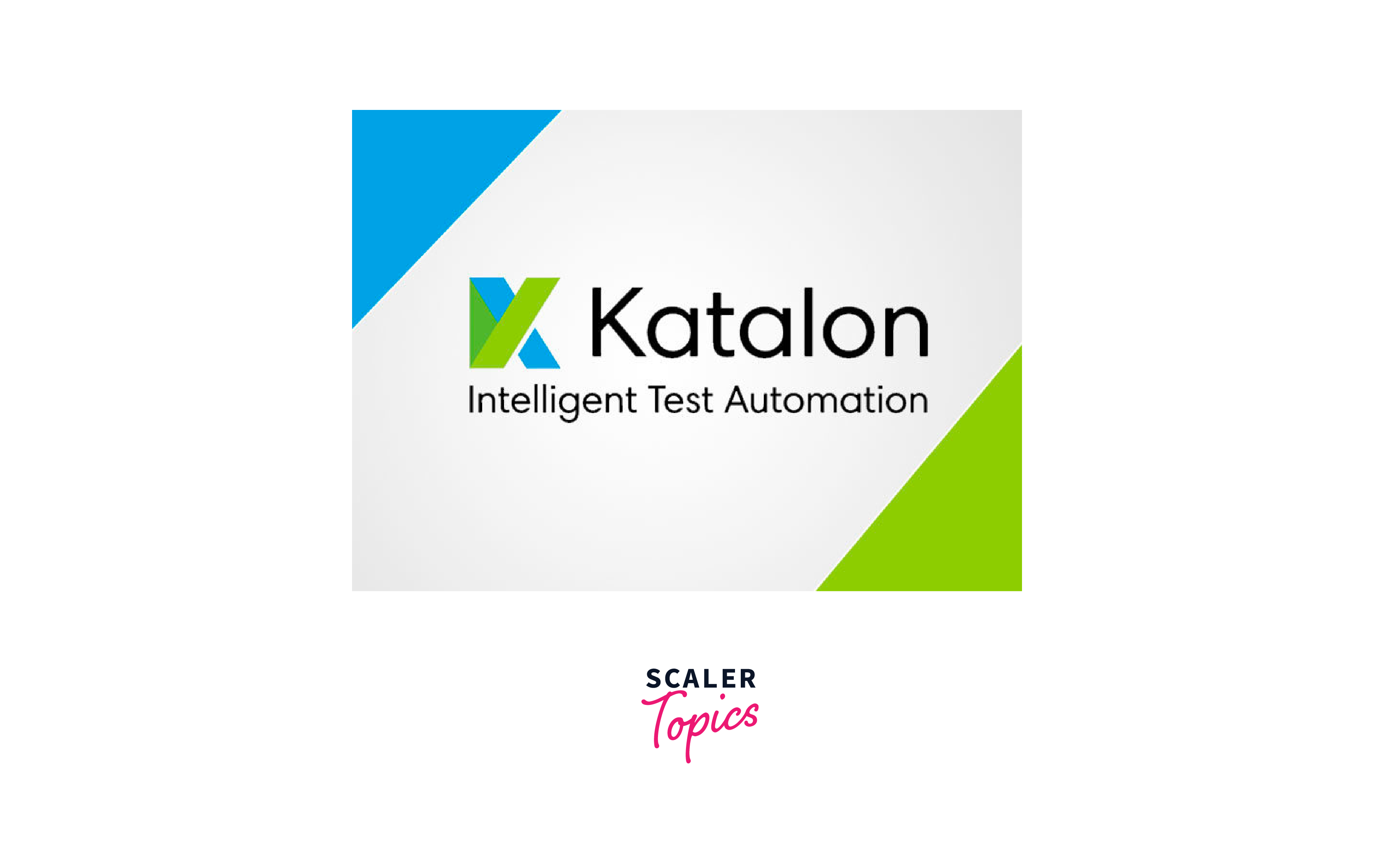
Katalon Studio is a powerful test automation solution that combines both Selenium and Appium capabilities. It provides a user-friendly IDE that allows testers to create and execute tests without requiring extensive programming knowledge. Katalon Studio supports a wide range of scripting languages, including Java, C#, and Groovy, giving testers flexibility in choosing their preferred language. It offers built-in test reports and analytics, allowing teams to monitor and analyze test results effectively. Katalon Studio also integrates well with various third-party tools and platforms, enhancing the overall test automation workflow.
Cost:
Katalon Studio offers both free and paid versions. The paid versions provide additional features and support options.
Paid versions start at around $1399
Learning Curve:
Katalon Studio has a relatively low learning curve, especially for testers with minimal programming knowledge. Its user-friendly IDE and record-and-playback feature enables testers to create tests quickly without extensive coding.
5. Puppeteer

Puppeteer is a Node.js library developed by Google that provides a high-level API for controlling headless Chrome or Chromium browsers. It enables browser automation, allowing you to perform tasks such as web scraping, generating screenshots, and PDFs of web pages, and performing UI tests. Puppeteer is known for its excellent performance and ease of use. Its powerful API allows you to interact with web elements, navigate pages, and handle events easily. Puppeteer is especially valuable for tasks that require deep integration with Chrome's DevTools Protocol. It is one of the best Selenium Alternatives to look for in 2023.
Cost:
Puppeteer is an open-source framework provided by Google and is free to use.
Learning Curve:
Puppeteer has a moderate learning curve, especially for developers with experience in JavaScript. It provides comprehensive documentation and examples, making it easier to understand and utilize its features effectively.
6. Cucumber

Cucumber is a widely used tool for behavior-driven development (BDD). It allows test scenarios to be written in a human-readable format known as Gherkin, which promotes collaboration between developers, testers, and business stakeholders. Cucumber supports multiple programming languages, including Java, Ruby, and JavaScript, making it accessible to teams with different language preferences. It provides a clear separation between test scenarios and their implementation, enhancing readability and maintainability. Cucumber also integrates well with popular testing frameworks, such as Selenium WebDriver, allowing teams to write expressive and business-focused tests. It is one of the best Selenium Alternatives to look for in 2023.
Cost:
Cucumber is an open-source framework and is free to use.
Learning Curve:
Cucumber has a moderate learning curve, especially for testers who are new to behavior-driven development (BDD). Understanding the Gherkin syntax and integrating it with test automation requires some initial effort, but it promotes collaboration and improves test readability.
7. Protractor
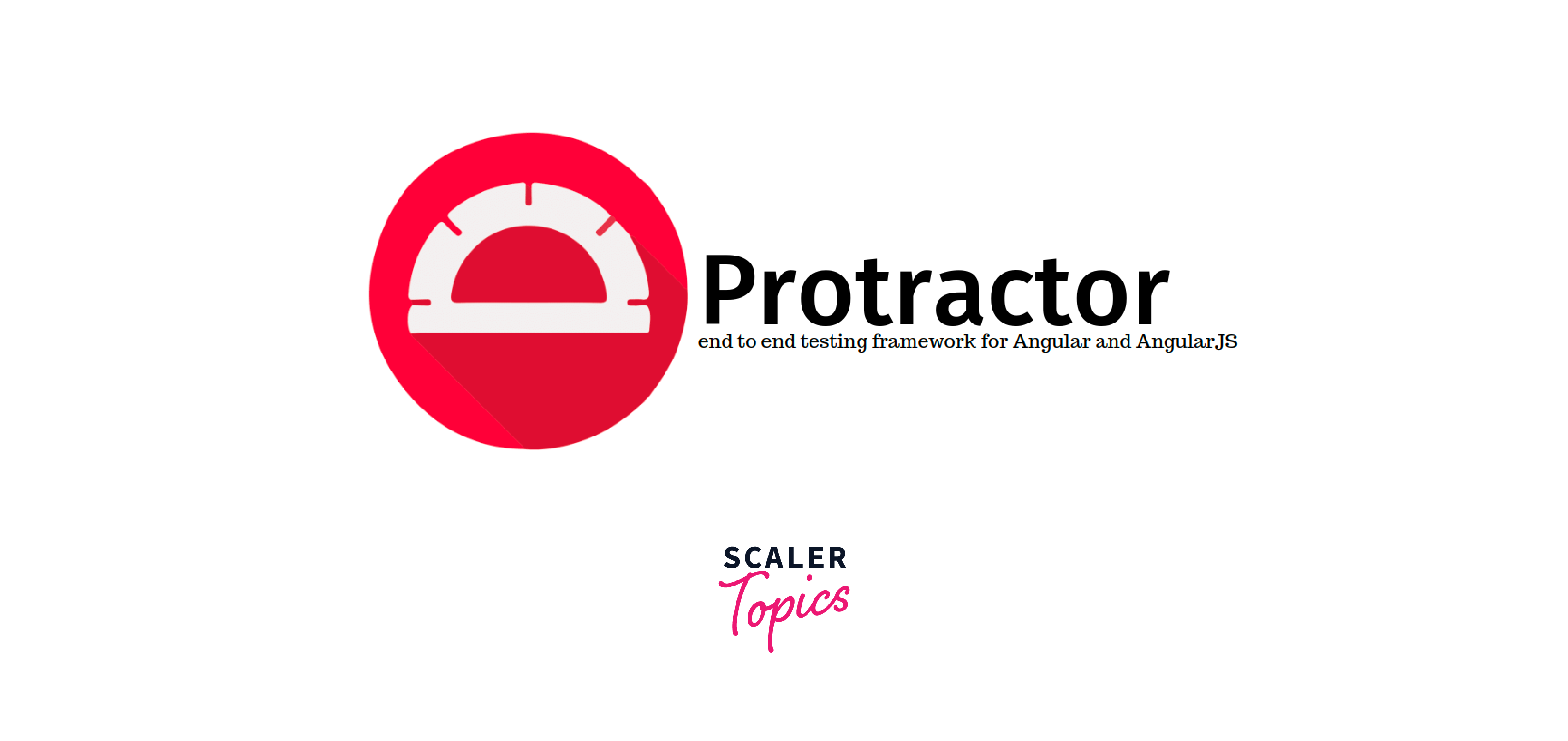
Protractor is an end-to-end testing framework specifically designed for Angular applications. It extends Selenium WebDriver, providing additional features and enhancements for testing Angular-specific functionalities. Protractor supports both unit and end-to-end testing, making it a comprehensive solution for testing Angular applications at different levels. It offers seamless integration with popular testing frameworks, such as Jasmine, enabling teams to leverage their existing testing setups. Protractor also provides built-in support for Angular-specific features, such as waiting for Angular's asynchronous behavior and interacting with Angular-specific elements and directives.
Cost:
Protractor is an open-source framework and is free to use.
Learning Curve:
Protractor has a moderate learning curve, particularly for testers familiar with JavaScript and Angular. It extends Selenium WebDriver and provides additional features for Angular-specific testing. Testers with prior experience in Angular will find it easier to grasp and leverage Protractor's capabilities.
8. Watir
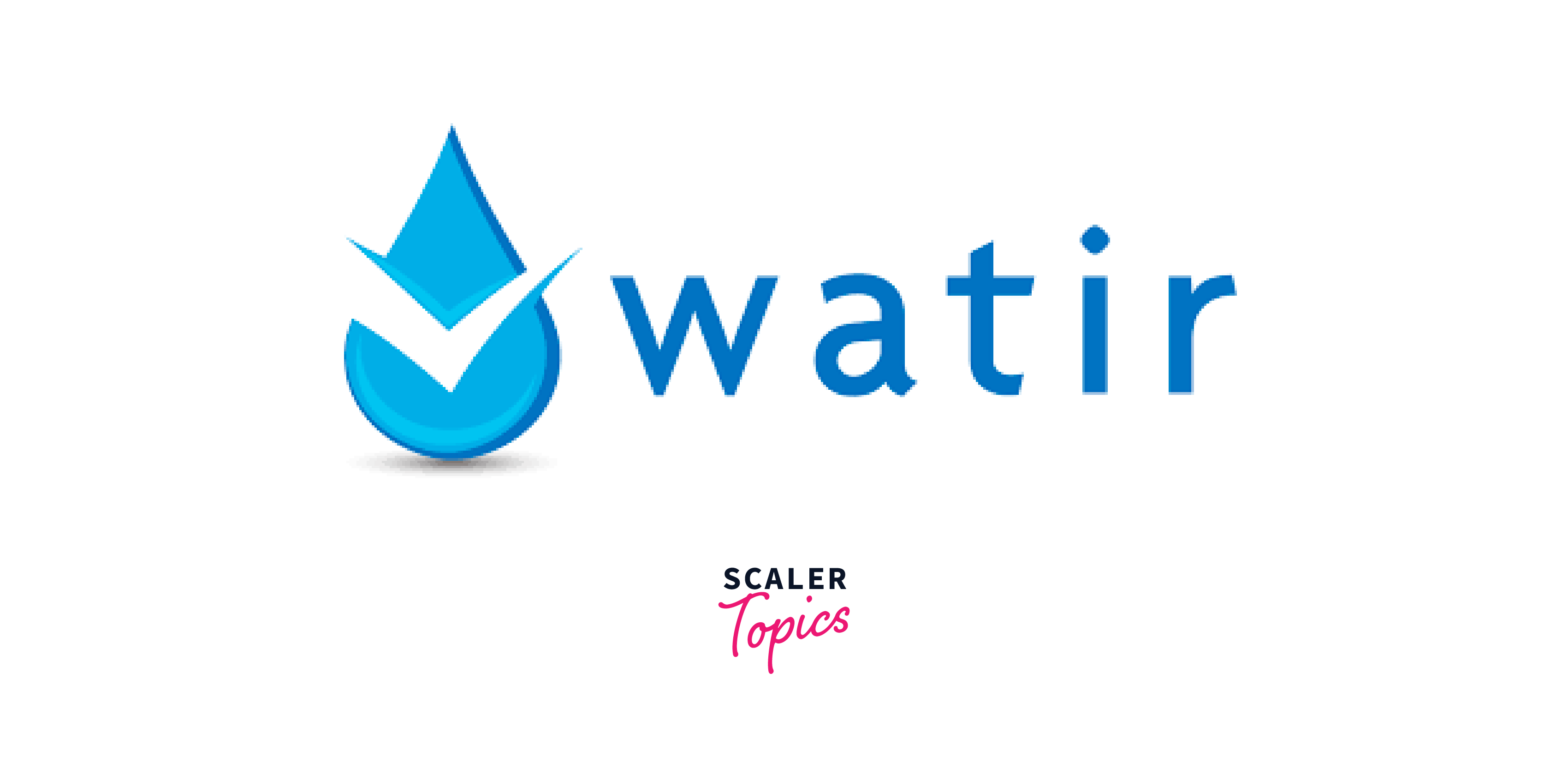
Watir (Web Application Testing in Ruby) is a Ruby-based automation framework that simplifies web application testing. It offers a simple and readable syntax, making it accessible to testers with minimal programming knowledge. Watir supports multiple browsers and platforms, allowing you to perform cross-browser testing effortlessly. It provides a rich ecosystem of plugins and extensions, enhancing its capabilities and making it flexible for various testing scenarios. Watir's ease of use and its ability to interact with web elements make it a suitable choice for testers who prefer Ruby as their scripting language. It is one of the best Selenium Alternatives to look for in 2023.
Cost:
Watir is an open-source framework and is free to use.
Learning Curve:
Watir has a moderate learning curve, especially for testers with Ruby programming knowledge. Its simple and readable syntax allows testers to write tests quickly, but understanding Ruby concepts and syntax may require some initial effort.
9. Robot Framework
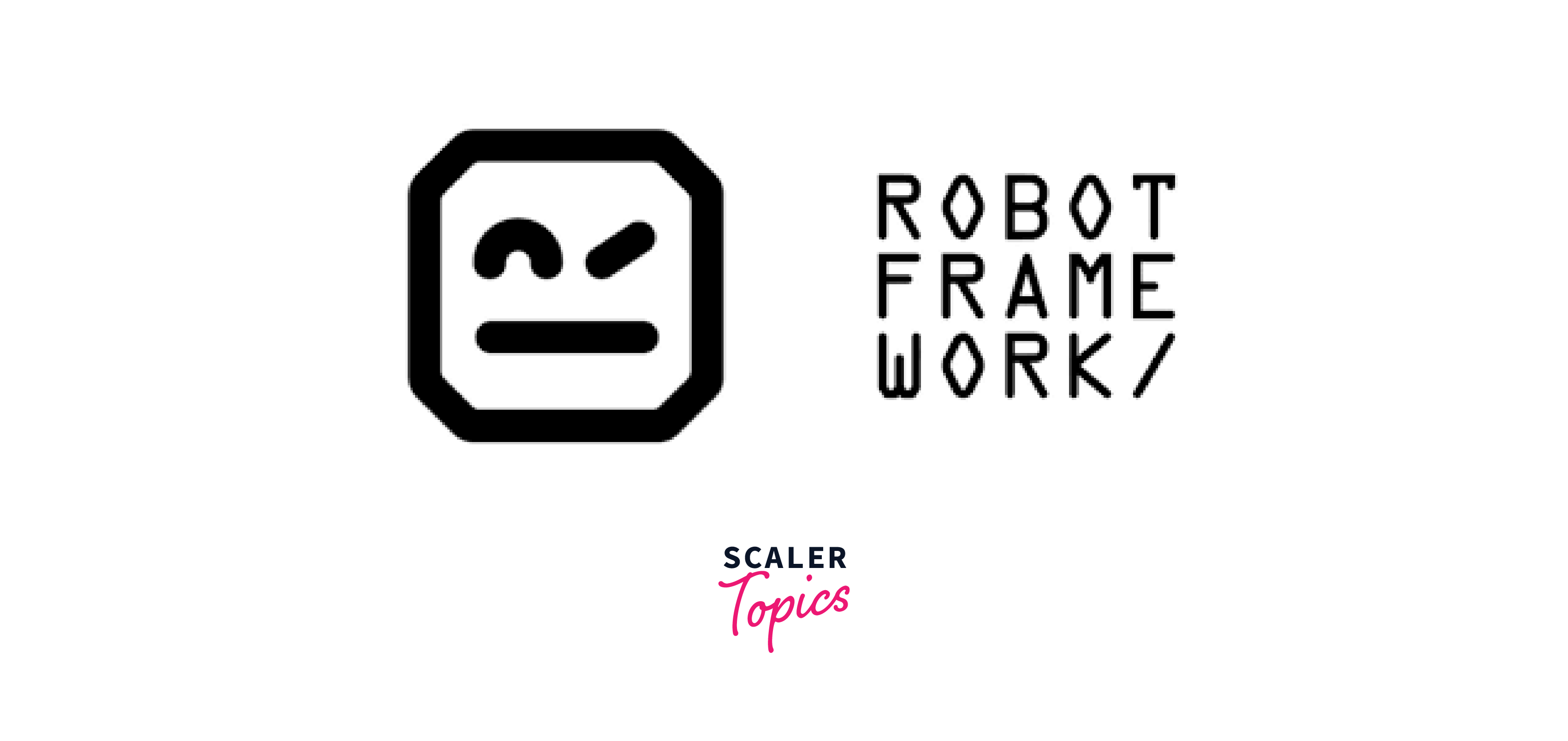
Robot Framework is a generic open-source automation framework that supports a wide range of test automation needs. It provides an easy-to-read and keyword-driven syntax, allowing testers to create readable and maintainable test cases. Robot Framework offers a modular architecture, allowing integration with various libraries and tools, including Selenium WebDriver. It supports not only web testing but also other types of automation, such as API testing and database testing. Robot Framework provides detailed test reports and logs, making it easy to analyze test results and identify issues. It is one of the best Selenium Alternatives to look for in 2023.
Cost:
Robot Framework is an open-source framework and is free to use.
Learning Curve:
Robot Framework has a moderate learning curve, especially for testers new to keyword-driven and data-driven frameworks. It's clear syntax and rich ecosystem of libraries make it relatively easy to get started, but mastering advanced features and customizations may take some time.
10. Playwright

Playwright is a Node.js library developed by Microsoft that allows browser automation for web testing. It supports multiple browsers, including Chromium, Firefox, and WebKit, providing cross-browser testing capabilities. Playwright offers a simple and powerful API that enables you to perform actions on web elements, navigate pages, and handle events. It supports multiple programming languages, making it accessible to testers with different language preferences. Playwright also provides built-in features for network interception, parallel execution, and browser context management, enhancing the testing process and enabling efficient test automation.
Cost:
Playwright is an open-source framework provided by Microsoft and is free to use.
Learning Curve:
Playwright has a moderate learning curve, especially for developers with experience in JavaScript. It offers a powerful API and supports multiple browsers, which may require some time to fully explore and utilize effectively.
Conclusion
- Selenium alternatives offer diverse features and capabilities for test automation in 2023.
- Top alternatives for Selenium in 2023 include Cypress, WebdriverIO, TestComplete, Katalon Studio, Puppeteer, Cucumber, Protractor, Watir, Robot Framework, Playwright.
- Exploring these Selenium alternatives allows testers to stay up-to-date with the evolving landscape of test automation and choose the right tool for their specific requirements.
- Each alternative has its unique strengths and advantages, providing flexibility and diversity in the test automation ecosystem.
- Evaluating the alternatives based on specific project needs, documentation, community support, and integration options is crucial for making an informed decision.
- Embracing these alternatives in 2023 and beyond enhances the testing efforts, improves efficiency, and keeps pace with the latest advancements in test automation.
